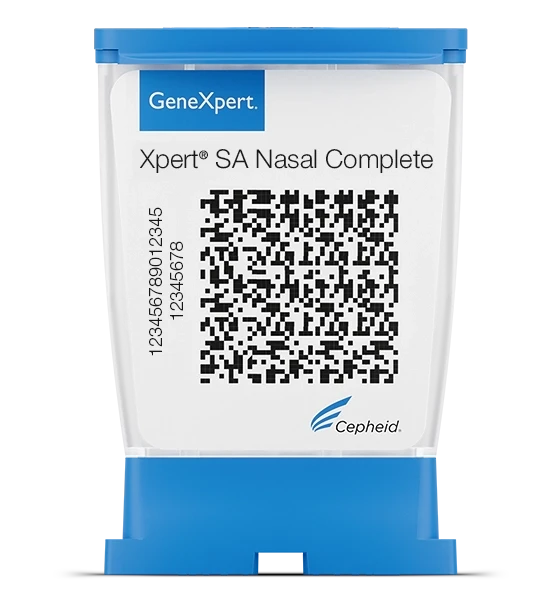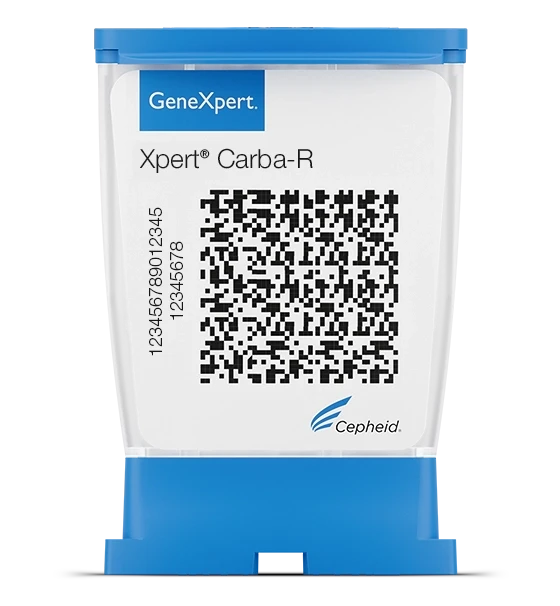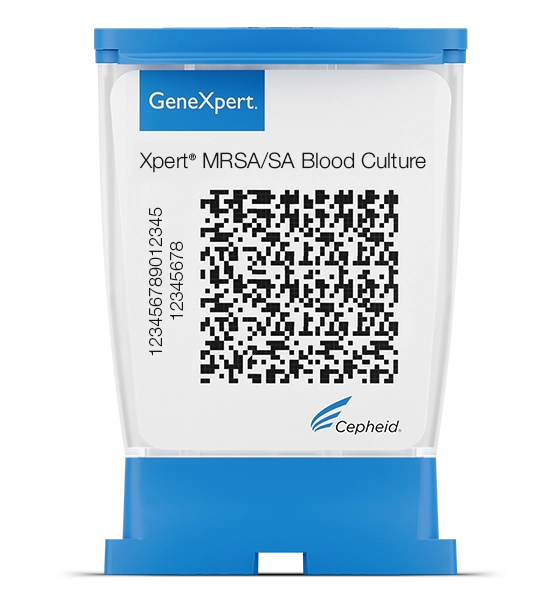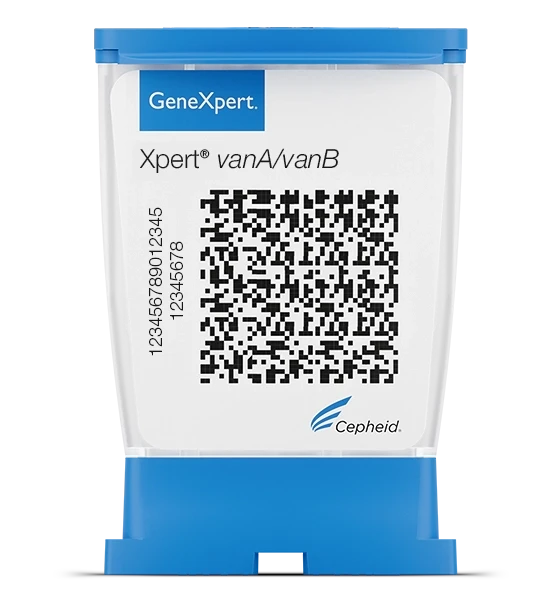
Xpert® C. difficile BT
Detection of Clostridium difficile infection with an independent call-out of binary toxin and differentiation of the 027 strain in around 45 minutes
Sign in or create a MyCepheid account to add items to cart
Test pack size(s)

10 Tests
GXCDIFFBT-CE-10
Qty
Unit price
Subtotal
USD
Product is not available for purchase in your region.
Collection devices
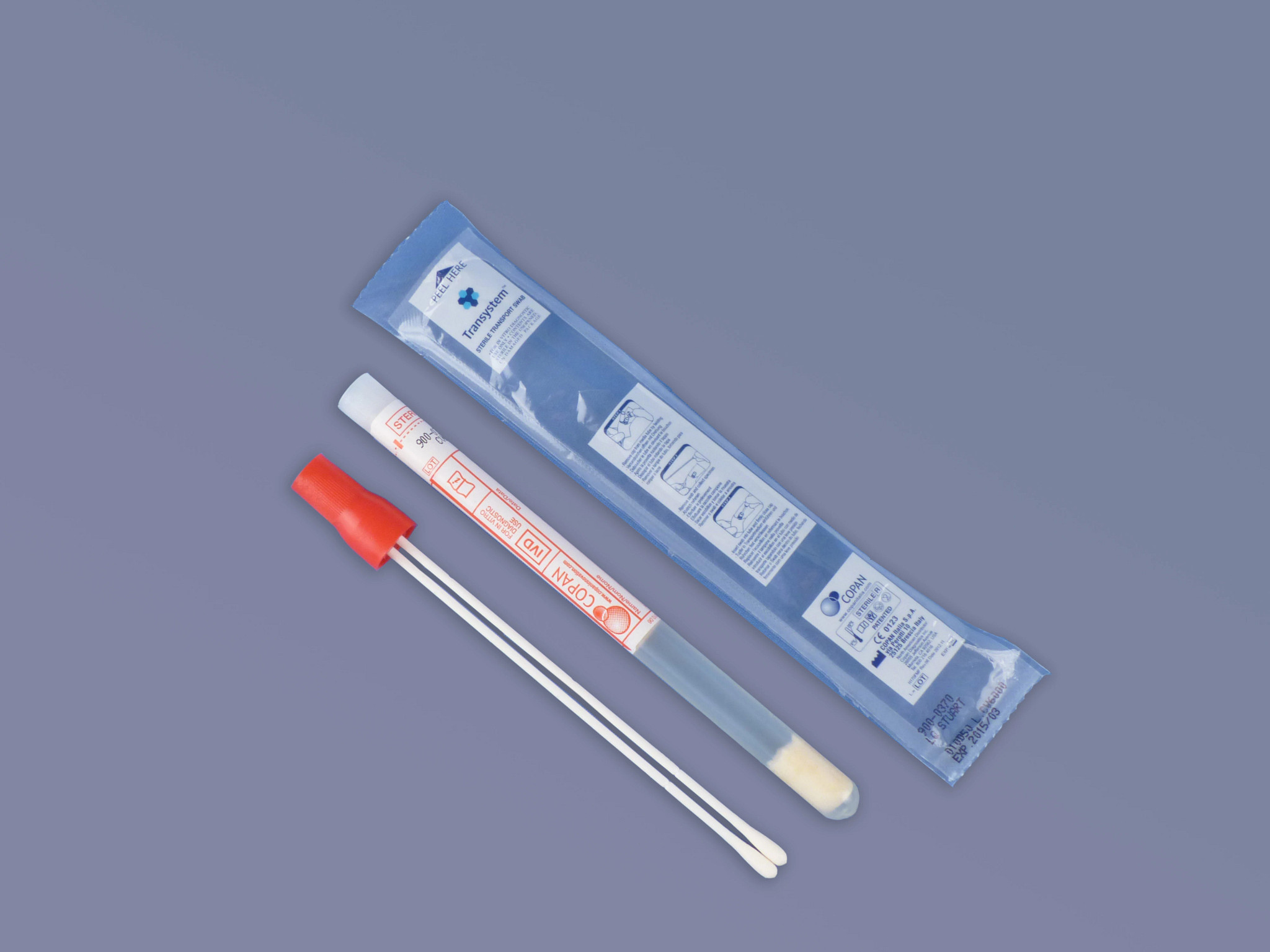
Collection Device (Pack of 50)
900-0370
Qty
Unit price
Subtotal
USD
Product is not available for purchase in your region.

Single Use Disposable Swab (Pack of 120)
SDPS-120
Qty
Unit price
Subtotal
USD
Product is not available for purchase in your region.
Total
{{currency}}
0
Error adding items to cart. If this error persists, please contact Digital Support
The Need
- Clostridioides difficile (C. difficile) is amongst the most frequently reported micro-organisms in healthcare associated infections in Europe1
- It is associated with an increase in length of hospital stay, high morbidity and mortality resulting in both societal and financial burden2
- Highly virulent (027-NAP1-BI) strains have caused outbreaks of severe diseasae in Europe and North America and are often resistant to fluoroquinolones3
- Although the accurate and rapid diagnosis of C. difficile is essential for effective and timely treatment, this remains an unmet clinical need4
1 Viprey, V. F., Granata, G., & Vendrik, K. (n.d.). European survey on the current surveillance practices, management ... https://www.journalofhospitalinfection.com/article/S0195-6701(22)00365-6/fulltext.
2 Tschudin-Sutter S, et al. Guidance document for prevention of C. difficile infection in acute healthcare settings. Clin Microbiol Infect 2018;24:1051
3 Markovska, R et al. Clostridioides difficile, a new suberbug, Microorganisms 2023, 11, 845. https://doi.org/10.3390/microorganisms11040845
4 Bai Y, Hao Y, Song Z, Chu W, Jin Y, Wang Y. Evaluation of the Cepheid Xpert C. difficile diagnostic assay: an update meta-analysis. Braz J Microbiol. 2021 Dec;52(4):1937-1949.
2 Tschudin-Sutter S, et al. Guidance document for prevention of C. difficile infection in acute healthcare settings. Clin Microbiol Infect 2018;24:1051
3 Markovska, R et al. Clostridioides difficile, a new suberbug, Microorganisms 2023, 11, 845. https://doi.org/10.3390/microorganisms11040845
4 Bai Y, Hao Y, Song Z, Chu W, Jin Y, Wang Y. Evaluation of the Cepheid Xpert C. difficile diagnostic assay: an update meta-analysis. Braz J Microbiol. 2021 Dec;52(4):1937-1949.
The Solution
- Xpert C. difficile BT provides detection and differentiation of Clostridioides difficile & the epidemic 027 strain, with a callout for binary toxin, in 43 minutes from unformed stool specimens
- Rapid detection and differentiation of Clostridioides difficile & the epidemic 027 strain optimizes patient management decisions, enables timely and appropriate treatment, and supports infection control and outbreak prevention measures4
5 Peppard W, et al. Implementation of polymerase chain reaction to rule out C. difficile infection is associated with reduced empiric antibiotic duration of therapy. Hosp Pharm. 2014 Jul;49(7):639-43.
6 Casari E, et al. Reducing rates of Clostridium difficile infection by switching to a stand-alone NAAT with clear sampling criteria. Antimicrob Resist Infect Control. 2018 Mar;7(40).
6 Casari E, et al. Reducing rates of Clostridium difficile infection by switching to a stand-alone NAAT with clear sampling criteria. Antimicrob Resist Infect Control. 2018 Mar;7(40).
The Impact
Rapid and accurate detection of toxigenic C. difficile is essential to diagnose CDI to implement optimized therapy and bed management and to help prevent transmission and outbreaks:
– 45% reduced empiric therapy5
– 48% reduced isolation days6
– 45% reduced empiric therapy5
– 48% reduced isolation days6




